
What is joint attention and why does it matter?
Key points: Engaging in shared attention efforts is one of the easiest ways to bond with your child while supporting…
[cat_cust_menu]

Key points: Engaging in shared attention efforts is one of the easiest ways to bond with your child while supporting…

Key points:1. Babies benefit from repetition for brain development and feeling secure. Exploring the same activity repeatedly helps in forming…

During their first month, your baby spent most of the time sleeping and eating. That’s totally normal, but, as time…
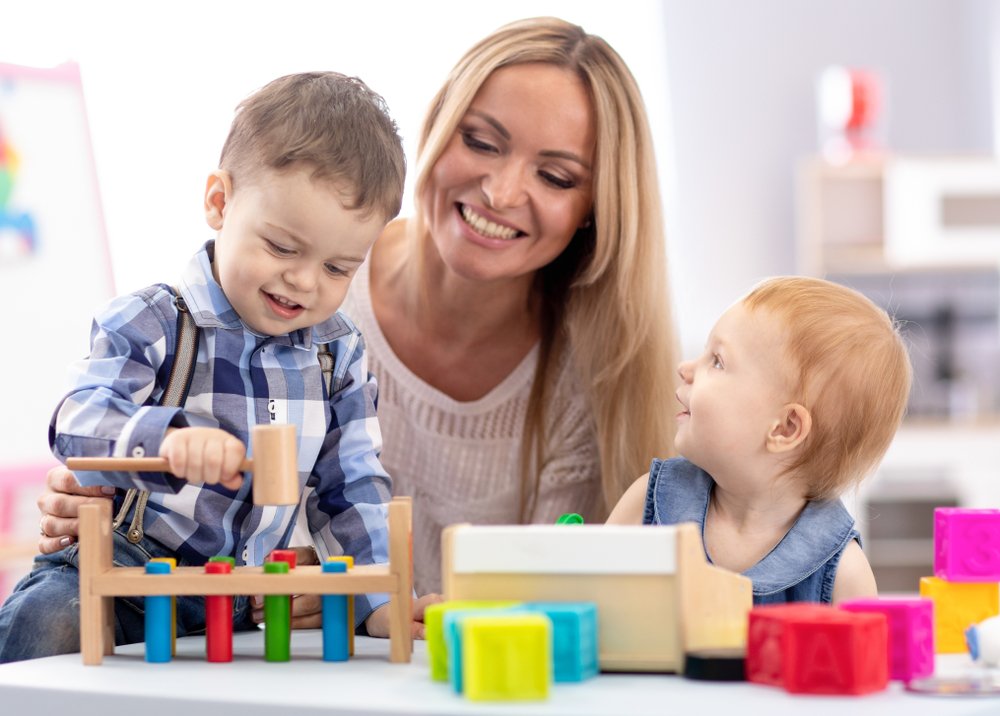
Key points: Executive function involves working memory, self-control, and mental flexibility. It starts developing in early childhood through cognitive, physical,…

Key points: Socioemotional benefits: Singing is a shared activity that builds social skills, regulates emotions, and models self-care. Physical, cognitive,…

Key points: Play is crucial for a happy, healthy childhood. Recognizing its decline, the American Academy of Pediatrics recommends “prescriptions…

Key points: Baby’s brain develops 90% of its adult size in the first three years. Early experiences shape neural connections…
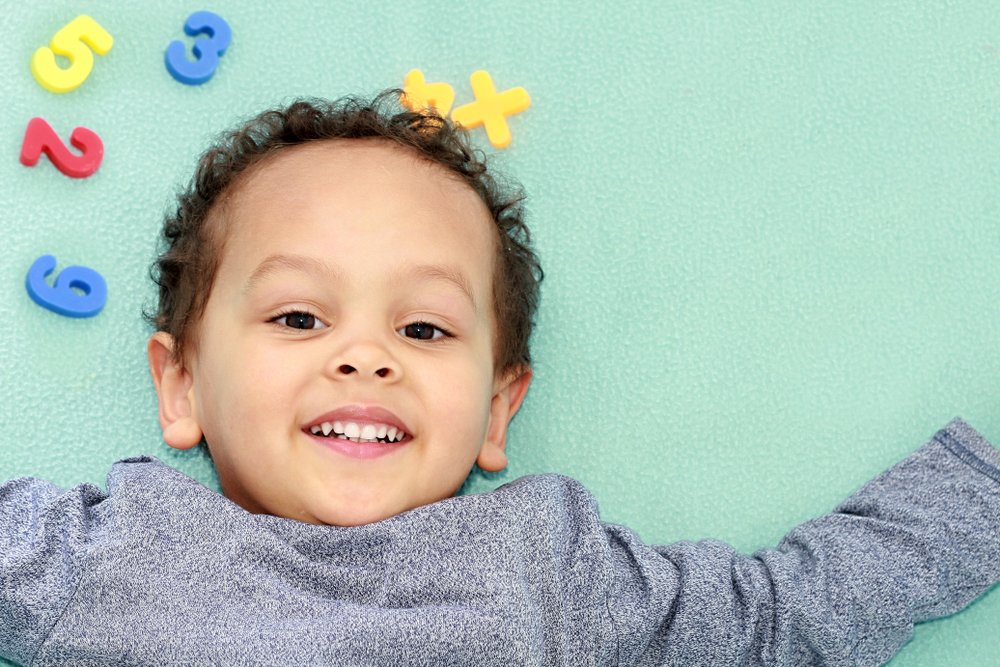
Key points: Children at this stage have developed basic math skills and are starting to understand the concepts of parts…

Key points: Children develop number awareness by recognizing numbers, understanding how counting works, and learning one-to-one correspondence. Sorting and classifying…
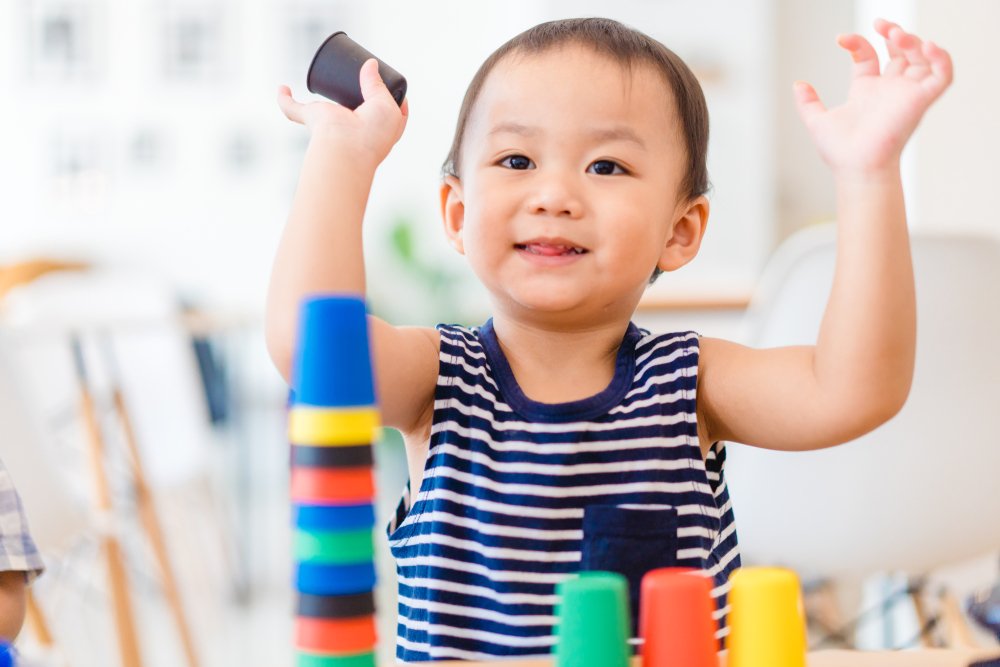
Key points: Early mathematical concepts in children are developed through their routines, experiences, and interactions with their environment and caregivers….

Key points:1. Babies start developing math skills from birth, recognizing quantities and patterns.2. Early math concepts like “more” and “enough”…

Children are born curious and as they grow their curiosity and learning grow with them. Curiosity has been characterized as…
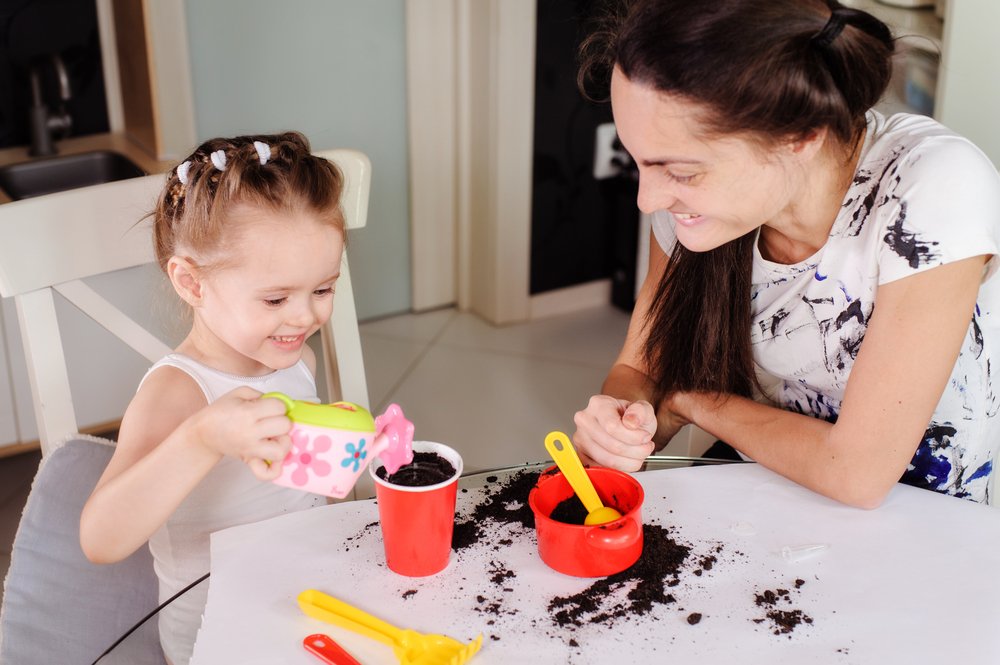
Key points: School break activities are vital for stimulating and entertaining your child. Tips include maintaining a schedule, planning daily…
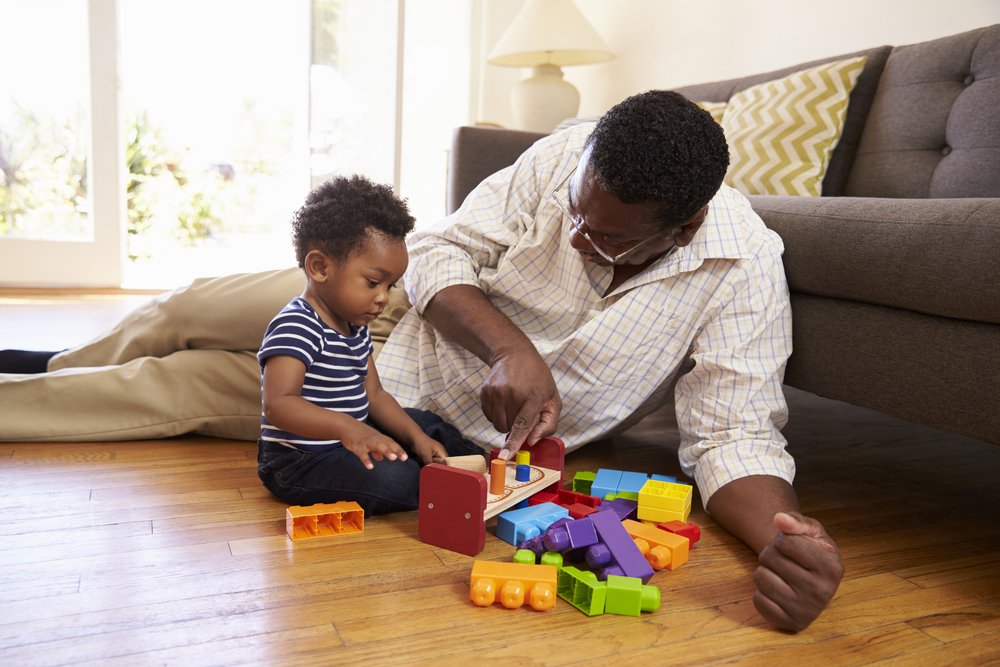
Key points: Trillions of connections made in a child’s brain during their first years are crucial to their early wiring…

Key points: Turning your home into a musical environment positively influences a child’s cognitive, physical, linguistic, and social-emotional development. Experiment…

Key points:1. Music positively impacts brain development and learning motivation.2. Music enhances memory and cognitive functions in children.3. Musical activities…
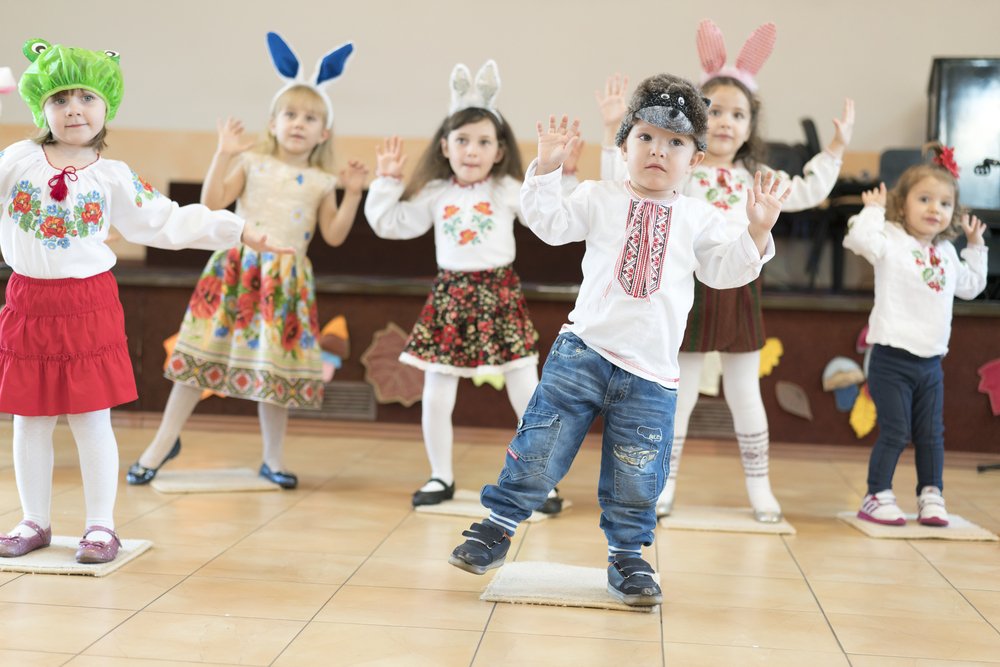
Key points: Children need cues and pauses to do the things we ask them to do. Music and obstacle courses…

Key points:1. Music contributes to creating brain connections, enhancing cognitive development and communication skills in children.2. Music affects memory retrieval…

Key points:1. Scaffolding is a learning process in which adults provide support to children’s development, helping them connect existing knowledge…
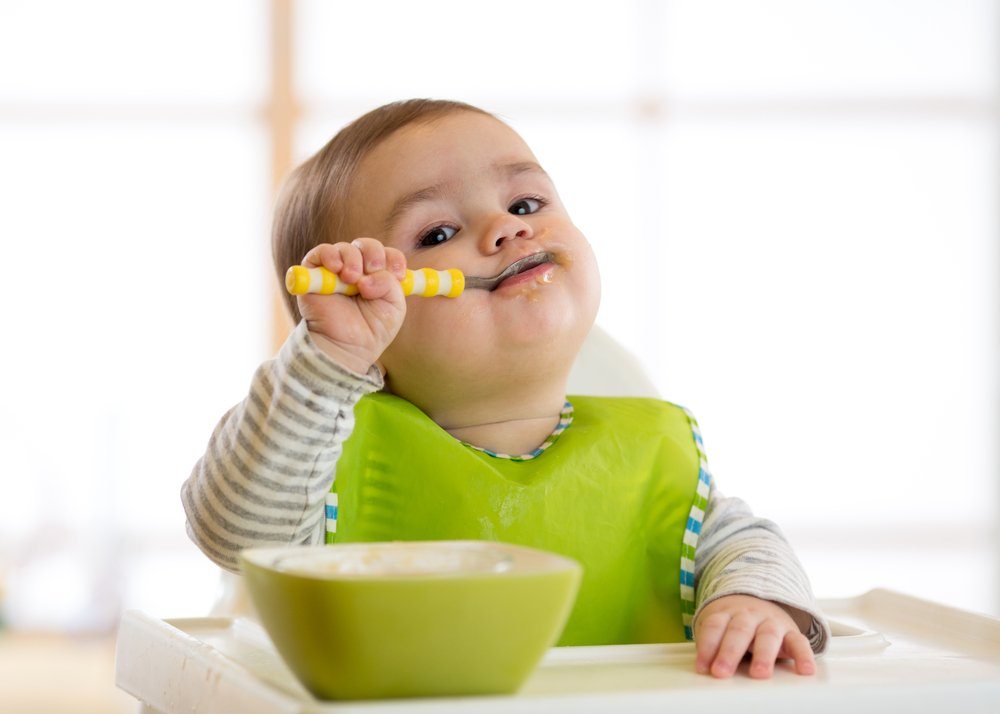
Key points:1. Between 8-12 months, expect your child to explore food and eating, which can be messy and playful.2. Encourage…

Key points:1. Babies start communicating through gestures around 5 months.2. Gestures facilitate learning by regulating children’s attention and providing conceptual…
Subscribe to our newsletter and join Kinedu’s community